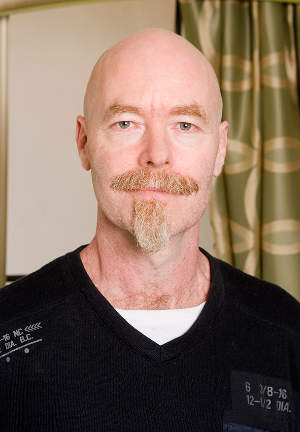What is Grey Literature?
A blog post written by Andrew Lyons-Reid, Literature Collections Assistant, CareSearch, Flinders University, South Australia
The Fourth International Conference on Grey Literature (GL '99) in Washington, DC, in October 1999 defined grey literature as ‘that which is produced on all levels of government, academics, business and industry in print and electronic formats, but which is not controlled by commercial publishers'.
Grey literature can include material that is not conventionally published and may be hard to find and sometimes ephemeral. It is not indexed formally in major databases and requires general web searching using a search engine such as Google. It can include such items as government reports and documents, state-of-the art reports, market research reports, theses, conference papers, technical specifications, and standards.
Some important and useful information, often highly current, can be found in grey literature. In the original CareSearch project it was found that the conversion rate of Australian palliative care research to publication and therefore reaching a wider audience, was less than 20 per cent. To make this missing literature available, the team at CareSearch has done the necessary trawling and evaluation, and then stored the literature in our database for easy access by our users.
The CareSearch Grey Literature database can be found in the Finding and Using Evidence page under the Health Professionals banner. It includes conference proceedings, theses, non-indexed journal abstracts, reports, abstracts pertaining to palliative care research and Commonwealth-funded National Program projects. Abstracts are the main inclusion; when an author agrees to include the full document in the database, this gives added value to the database.
The conference abstracts are regularly sourced from Australian and New Zealand-held conferences. Regular contributions come from national and state-based palliative care organisations and from specialist practitioner organisations. In recent years there has been an increase in conference proceedings from less conventional areas of research, including sociology, eHealth, and non-medical specialties. This reflects the broadening understanding of palliative care from its medical and nursing beginnings.
Non-indexed journals were a major source of information for the CareSearch grey literature collection at its foundation. With time, many of the journals have been indexed and therefore removed from the Grey Literature Collection. Now there are only two journals in the collection.
Thesis abstracts are obtained by trawling through TROVE and university websites on a regular basis, and only Masters and PhD level theses are considered. It is interesting to see a changing focus in higher degree research toward areas such as advance care planning and occupational therapy.
Research studies abstracts are a useful way to find out what Australian palliative care research has been undertaken and where. Research studies abstracts are also held in the Research Studies Register, which can be found under Research Resources.
Reports are held in the Grey Other section and are sourced from government departments and from palliative care organisations.

Andrew Lyons-Reid is a Literature Collections Assistant, CareSearch palliative knowledge network.